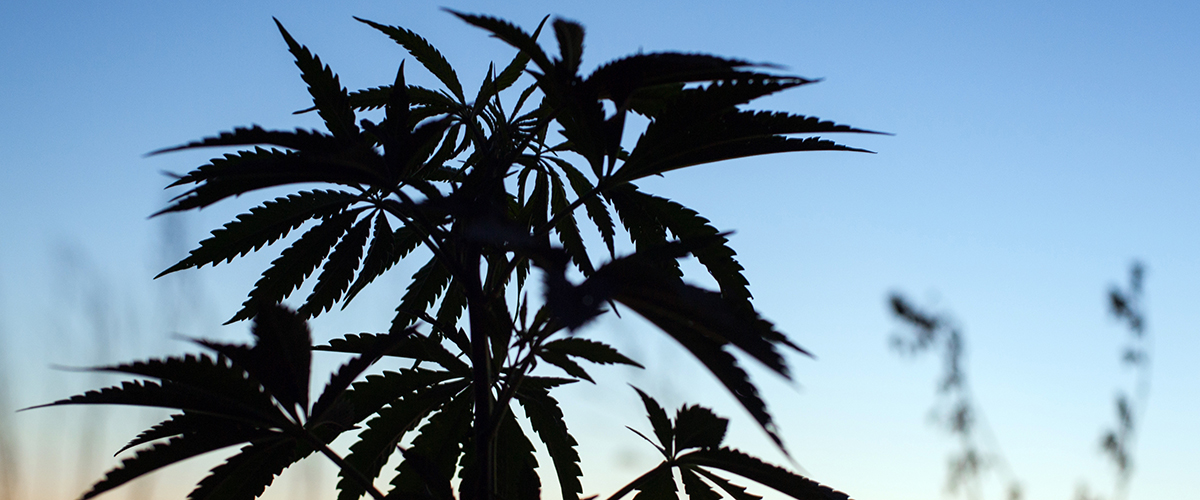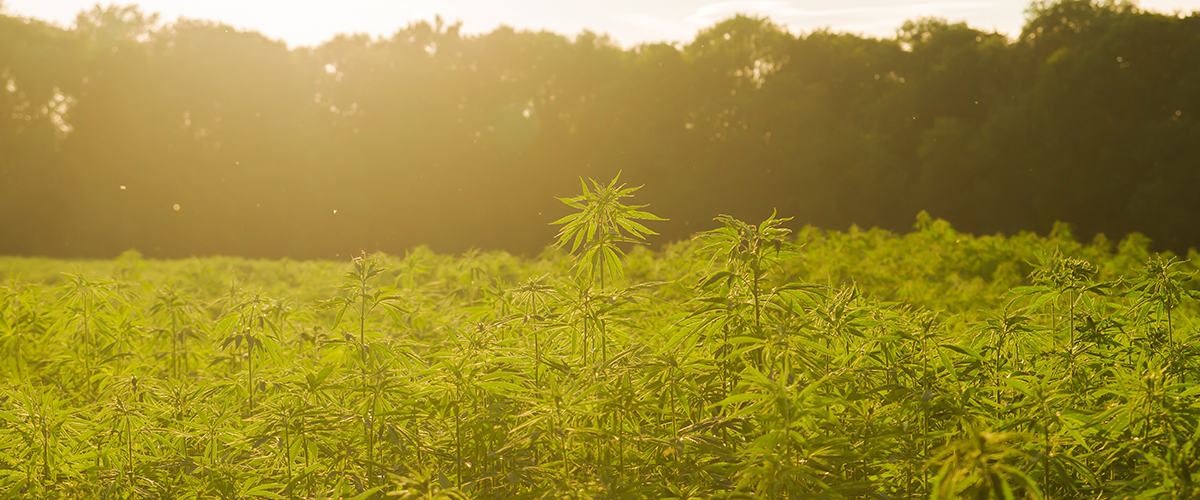If signed by Gov. Bill Walker, the measure will legalize the production of industrial hemp in Alaska.
Alaska’s Legislature has approved a measure that would legalize the production of industrial hemp. The bill now only needs Gov. Bill Walker’s signature before becoming law.
If signed, Senate Bill 6 would separate hemp from marijuana’s definition and regulations, and allow registered participants to participate in a pilot project to grow hemp.
Hemp is the non-psychoactive variety of cannabis. Thought to be one of the first domesticated crops, hemp is harvested for its seeds and stalks that are used to manufacture a number of products, including food, textiles, paper, and cannabidiol (CBD) nutritional supplements, to name a few.
Hemp has had a complicated legal status in the United States. Currently in the U.S., it is federally legal to manufacture, distribute, and possess commercial products made from hemp. Growing hemp, however, has been illegal for decades until President Barack Obama signed the 2014 Farm Bill to permit state-legal hemp pilot and research programs.
Alaska’s hemp bill, introduced by Republican state Sen. Shelley Hughes of Palmer, could add the nation’s largest and most sparsely populated state to the more than 30 states that have passed laws establishing programs that allow the cultivation of hemp.
“It was time to remove hemp from the marijuana statutes,” said Hughes. “There’s no psychoactive impact from hemp. If you were to smoke acres and acres and acres of hemp, all you would get would be a sore throat and a cough.”
Hughes has said she pursued the legislation after being approached by local farmers who requested the ability to grow hemp, which they explained could be used to supplement livestock feed and serve as bedding for livestock. She said that if signed into law, farmers in Alaska could be growing hemp by 2019.

Future of Hemp in the U.S.
Whether the growing of hemp will continue to expand in the U.S. is up in the air. An official with the Trump administration recently voiced concerns about hemp expansion, claiming that it could lead to overproduction.
“Opening the door wide open nationwide, with no restrictions, may not be in the best interests of the hemp industry,” said Greg Ibach, undersecretary for the U.S. Department of Agriculture.
Ibach added that the White House does not want to see the hemp industry expand when the Farm Bill is rewritten later this year.
“We need to be careful so that we don’t kill the market for hemp by overburdening the market with supply before there is demand for it,” he said.
Ibach added that oversight of hemp should be the responsibility of the U.S. Department of Justice and its Drug Enforcement Administration rather than the Department of Agriculture like it is now.
Learn More About Hemp
In addition to 30-plus U.S. states, hemp is currently grown across Europe, Asia, and North and South America, some of which include Germany, France, Denmark, Canada, Chile, Japan, South Korea, and the Netherlands.
You can learn more about hemp and its uses by visiting our Cannabis 101 page. Visit our news page to keep up with developments in the cannabis industry.






